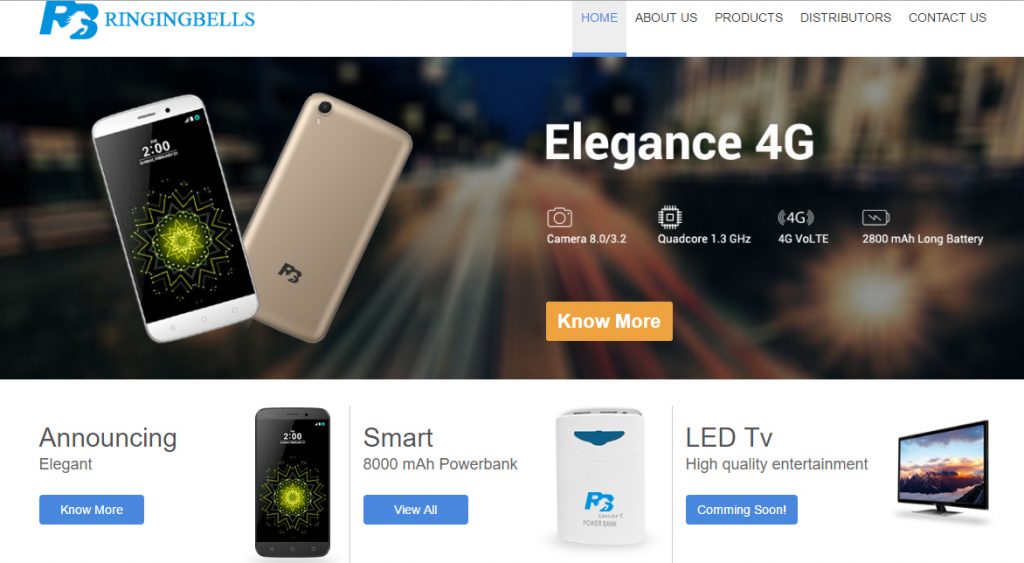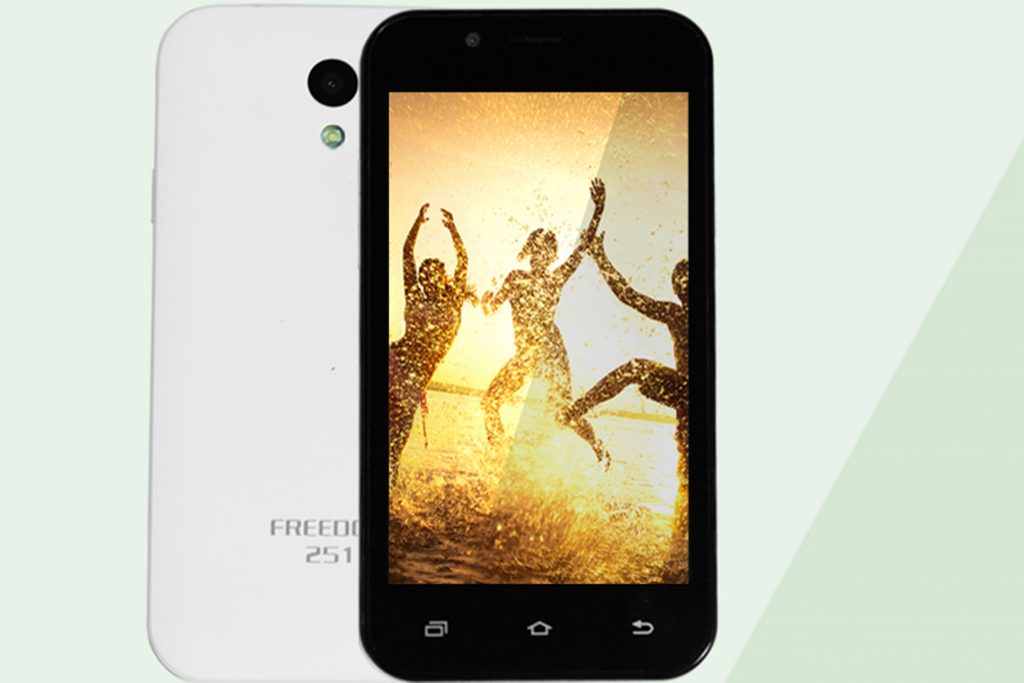World’s Cheapest Smartphone Maker Had to Pay a Very Steep Price

image credit: screenshot from ringingbells.co.in
Back in February, Indian mobile manufacturer Ringing Bells announced the release of the world’s cheapest smartphone— the Freedom 251. Priced at US$4 or Rs251, the mobile phone is just as expensive as as a Venti Cafe Latte at Starbucks. The announcement came as a shocker as its price did not seem to add up to the cost in building the phone. This raised some eyebrows in the tech consumer market to the point that even fair labour practices were being questioned.
The company started refunding money back to consumers due to bad publicity. Based on a report from the Indian Express, Ringing Bells CEO Mohit Goel said, “There was a lot of negativity around us so we have decided to take money from customers only after delivering phones to them. We are refunding money to those who have paid for booking the phones and giving them an option of cash on delivery,”
5,000 Freedom 251s
The hype on the product died down eventually. And when people thought it was the end of it, Ringing Bells confirmed this month that the delivery of the first 5,000 units of the Freedom 251 will push through according to the BBC. The company admits that they will suffer a loss of US$2 for each handset delivered but they plan to push through with 195,000 more units of which orders have already been placed. The real order book claims 70 million units, which seems to be raising a lot of doubt if Ringing Bells could really deliver it.
Ringing Bells admits that each handset really costs US$20 to make but their plan to cover up for the losses will be carried by their high end smartphones (which costs way more than US$4) Elegant and Elegance. Their top-tier smartphones are priced at US$60-65 and hopefully, sales from these phones will be able to funnel more funding to creating more Freedom 251s.
The company also seems to be seeking subsidy from the Indian government amounting to more than US$7 billion to aid in the production of the Freedom 251. The company claimed that there are still around 750 million Indians who had no smartphone and it seems that the Freedom 251 is their response to this issue. The company plans to continue the production with or without support from government.

image credit: screenshot from ringingbells.co.in
According to the Ringing Bells website, the general specifications of the Freedom 251 are as follows:
- 4.0″ qHD IPS Display
- 1 GB RAM & 1.3GHz Quad core processor
- 3.2 MP Rear & 0.3 MP Front Camera
- 3G Support
- 1450 mAh battery (8 hours talk time)
It seems to have all the basic components of a smartphone. It has a touchscreen display, front and rear cameras, 8 GB internal memory, Android OS, 3G capability, Bluetooth, and even Wi-Fi. But the company is already on shaky ground in keeping up with the demand. Even though the desire was to put a smartphone in the hands of every Indian citizen, the cost of the phone is too small to keep the production sustainable. The CEO already sought support from government stating that the Freedom 251 can be a part of the Digital India campaign, a government initiative that will enhance the internet connectivity of the whole country.
Unintended consequences
Some tech consumers speculate however, that the whole brouhaha on the Freedom 251 is all but a marketing stunt. The cheaply priced mobile phone, some thought, was bait to get attention in buying their more expensive models Elegant and Elegance. They’ve also got some throwback bar phone models on their line up: Hit, Boss, King, and Raja.
Ringing Bells also announced their release of the world’s cheapest LED TV, the Freedom 9900, which would sell at the price of Rs 9990 or less than US$150. The 32-inch LED TV would start shipping out by the first of August 2016.
Mohit Goel was not hiding the fact that he had to absorb some of the losses by selling a third of the company. In an interview with the Indian Express, Goel says, “I recovered Rs 700-800 from app developers and revenue generated through advertisements on Freedom 251 website. After selling the device for Rs 251 (cash on delivery), the total loss per handset is expected to be in the range of Rs 180-270,”

image credit: screenshot from ringingbells.co.in